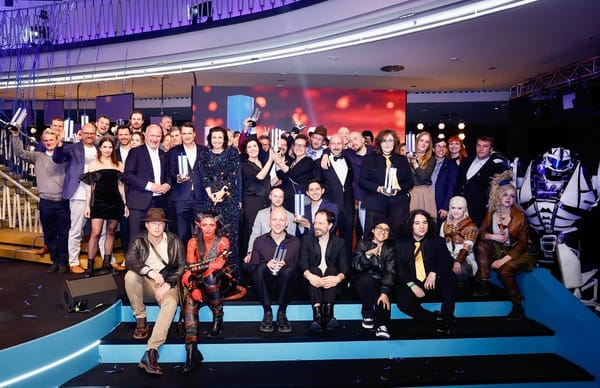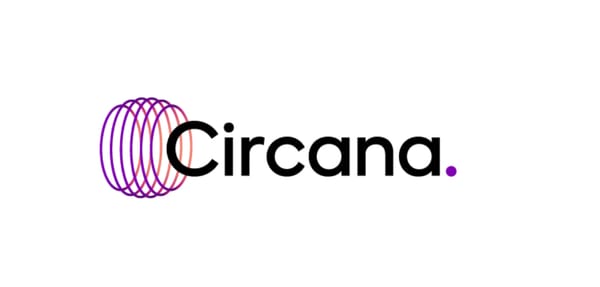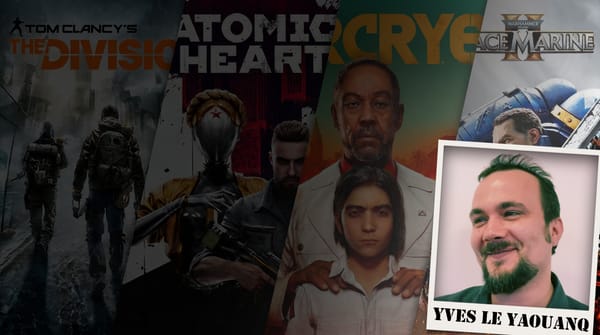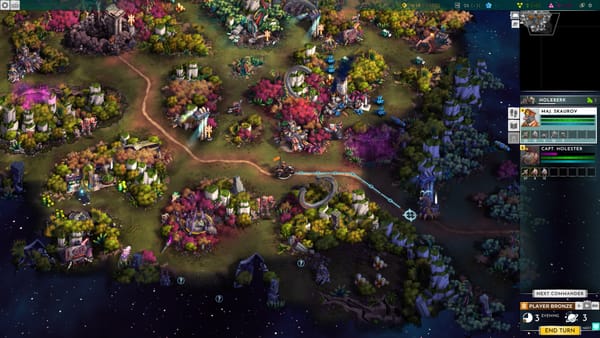Riprip Receives Exist Start-up Grant to Implement Innovative Business Concept




The Kassel-based studio Riprip can look forward to an additional grant of nearly 140,000 euros. The pilot project Terminal Crossing had already received a grant from the state of Hesse. The aim, however, is to create a gaming genre that can compete with short-form content on social media.
Riprip received its first grant of nearly 45,000 euros in the summer of 2024 for the development of Terminal Crossing as part of the Serious Games grant from the state of Hesse. Now, the four-person founding team is receiving another 139,300 euros in funding from the Federal Ministry for Economic Affairs and Climate Protection to implement their innovative business concept. The funding does not come from the federal government’s games funding program—where applications are currently on hold—but rather from the 12-month Exist Start-up Grant.
The core of Riprip's concept is serial mobile games produced in seasons, designed to compete with short-form content on platforms like TikTok, Instagram Reels, or YouTube Shorts as interactive content. In doing so, Riprip aims to completely avoid gambling mechanics and other dark patterns often used to market mobile games successfully.
Ultimately, the creators at Riprip Games aim to develop and establish not just a single game but an entirely new genre of gaming. The first season of Terminal Crossing is therefore a pilot project, paving the way for numerous subsequent projects. The pilot is expected to help build a community for the new genre. During the funding year, Riprip will also develop a game engine tailored to content in the style of Terminal Crossing. “We envision a world in which everyone can be a game maker,” says Robin Vehr, who founded Riprip alongside Nico Fiona Brauer, Christoph Schnerr, and Hannes Drescher.
Riprip originated from the Kassel School of Art and Design. Prof. Joel Baumann, the former rector and head of the New Media Department, supports Riprip as an Exist mentor with his expertise and network. The major itself was established in 2003 as part of the Visual Communication program.








